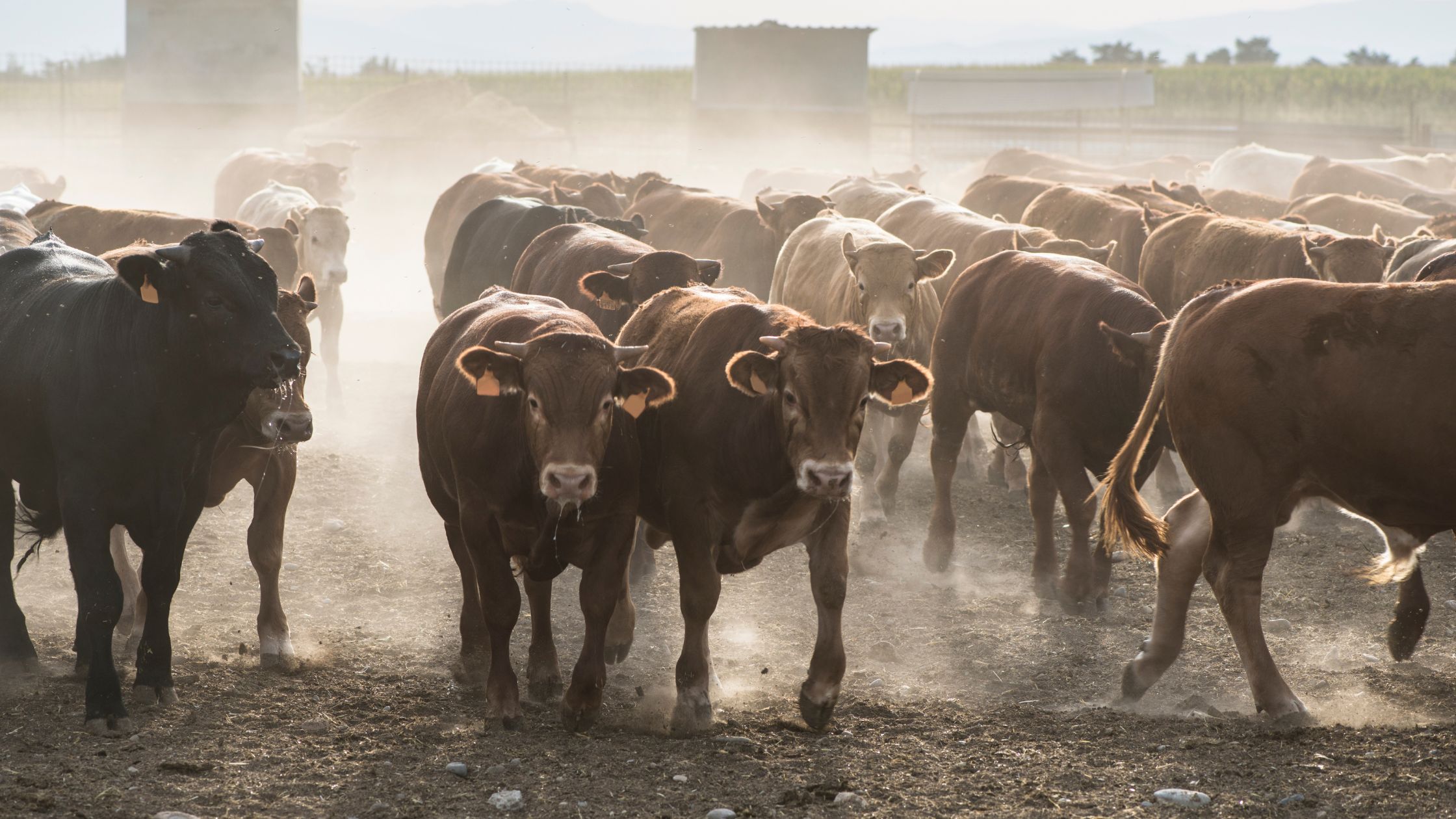
US and EU subsidies for meat and dairy dwarf spending on plant-based alternatives
What’s happening? The US and EU provided a combined £35bn ($44.3bn) in subsidies to meat and dairy farmers between 2014-2020, versus only £33m going towards plant-based alternatives, according to a study published in One Earth. The Stanford University researchers found that over the period, EU public spending on meat and dairy was 1,200 times higher than the sum given to plant-based protein and cultivated meat companies, while in the US it was 800 times higher. In both regions, 97% of research and development funding went towards animal farming, much of which was used for projects focused on improving production. Additionally, although meat and dairy alternatives accounted for 2% of the market in the US and EU, they only received 0.1% of central government subsidies. (edie)
Why does this matter? According to a recent report written by Friends of the Earth on behalf of the Stop Financing Factory Farming (S3F) campaign, the livestock sector contributes between 11.2% and 19.6% of global greenhouse gas (GHG) emissions and 33% of the world’s methane emissions. Intensive farming is also a key driver of antimicrobial resistance.
Climate scientists have warned that rich countries must reduce their consumption of meat and dairy if net-zero targets are to be reached and to avoid the most disastrous physical effects of climate change. Indeed, research led by the University of Oxford published in July indicates that vegan diets can lead to a 75% reduction in climate-heating emissions compared to diets including over 100 g of meat per day, meaning that encouraging people to shift their food consumption habits can have a meaningful impact.
Animal-centric system – Regulations, while necessary to ensure safety, also pose a risk to technology and the plant-based market. The Stanford University-authored study points out that food production appears to be “locked in” to an animal-based technological system, which hinders the spread of alternative technologies. For example, labelling rules in the EU prohibit the use of words such as “cheese” or milk” to describe alternative dairy products, and a proposed US rule would require meat alternatives to carry the word “imitation” on their packaging. For consumers, this can cause confusion or even generate negative attitudes.
Further, the authors state that defining products in alignment with the key aspects of the dominant technology of being animal-derived means that regulations may create business uncertainties for those seeking to bring novel meat or dairy alternatives to market while also discouraging investment. They add that clarifying a legal definition of marketing standards would positively impact both animal and non-animal dairy products by setting guardrails that could help de-risk investments.
Across both regions, the study found that almost all plant-based meat alternative patents were published by just a handful of private companies or individuals. Over half of these were owned by US-based Impossible Foods. Universities were involved in one-third of cultured meat patents published in the US, while 60% of those published in the EU were from the UK before Brexit on 1 February 2020.
Regulatory progress – The study, however, delivers some positive notes on policy shifts that could pave the way to delivering greater equity in the agricultural sector. For example, the US Department of Agriculture recently approved the sale of lab-grown chicken produced by two different companies – GOOD Meat and UPSIDE Foods – marking the first such authorisation in the country. It also highlights the US Inflation Reduction Act that passed in 2022, which includes investments in financial and technical assistance to encourage farmers to adopt methods to reduce GHG emissions or sequester carbon. Additionally, an EU policy proposal to accelerate the transition of the food system to support climate mitigation and reduce environmental impacts and biodiversity is expected to be adopted by the European Commission this autumn.


